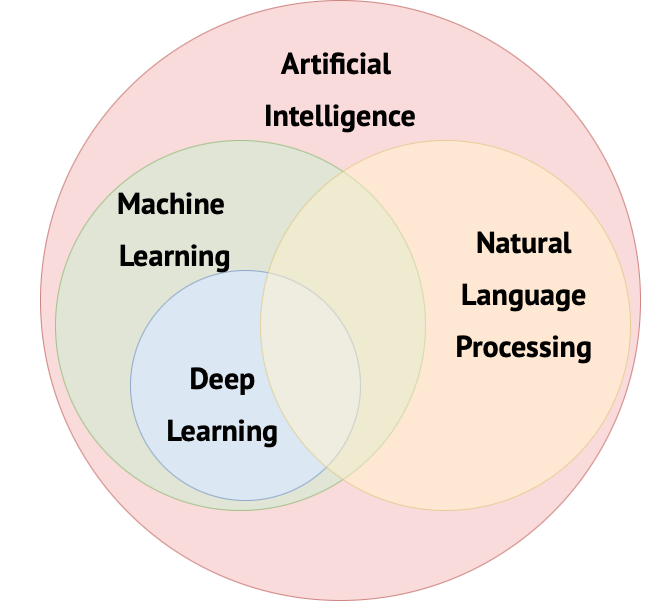Fully-automated analysis of voice recordings–from neuropsychological tests–found to help differentiate normal cognition from dementia and mild cognitive impairment

Credit: James Byrne
Voice Recordings Spot Cognitive Impairment (MedPage Today):
A machine-learning model identified mild cognitive impairment and dementia from digital voice recordings of neuropsychological tests, an early study showed.
Among 1,084 people in the Framingham Heart Study whose tests were recorded, the average area under the curve (AUC) reached 92.6% for differentiating normal cognition from dementia, 88.0% for discerning normal cognition or mild cognitive impairment from dementia, and 74.4% for distinguishing normal cognition from mild cognitive impairment.
The model used voice recognition to transcribe recordings to text and leveraged natural language processing methods for analysis, reported Ioannis Paschalidis, PhD, of Boston University, and co-authors in Alzheimer’s & Dementia … “It surprised us that speech flow or other audio features are not that critical; you can automatically transcribe interviews reasonably well and rely on text analysis through AI to assess cognitive impairment,” Paschalidis said.
The Study:
Automated detection of mild cognitive impairment and dementia from voice recordings: A natural language processing approach (Alzheimer’s & Dementia). From the Abstract:
- Introduction: Automated computational assessment of neuropsychological tests would enable widespread, cost-effective screening for dementia.
- Methods: A novel natural language processing approach is developed and validated to identify different stages of dementia based on automated transcription of digital voice recordings of subjects’ neuropsychological tests conducted by the Framingham Heart Study (n = 1084). Transcribed sentences from the test were encoded into quantitative data and several models were trained and tested using these data and the participants’ demographic characteristics.
- Results: Average area under the curve (AUC) on the held-out test data reached 92.6%, 88.0%, and 74.4% for differentiating Normal cognition from Dementia, Normal or Mild Cognitive Impairment (MCI) from Dementia, and Normal from MCI, respectively.
- Discussion: The proposed approach offers a fully automated identification of MCI and dementia based on a recorded neuropsychological test, providing an opportunity to develop a remote screening tool that could be adapted easily to any language
The Study in Context:
- Startup Aural Analytics raises $4.3M to monitor neurological health by analyzing speech patterns
- Mindstrong Health identifies digital biomarkers of cognitive function using smartphone data
- Neurotechnology can improve our lives…if we first address these Privacy and Informed Consent issues


